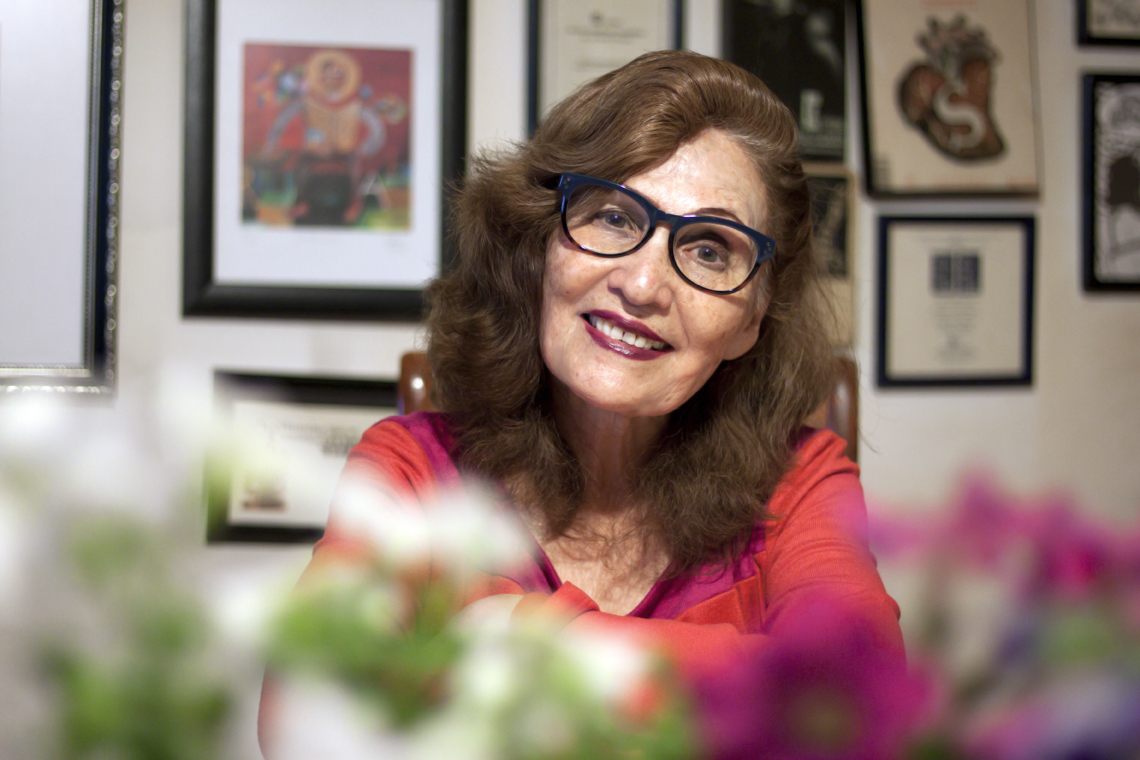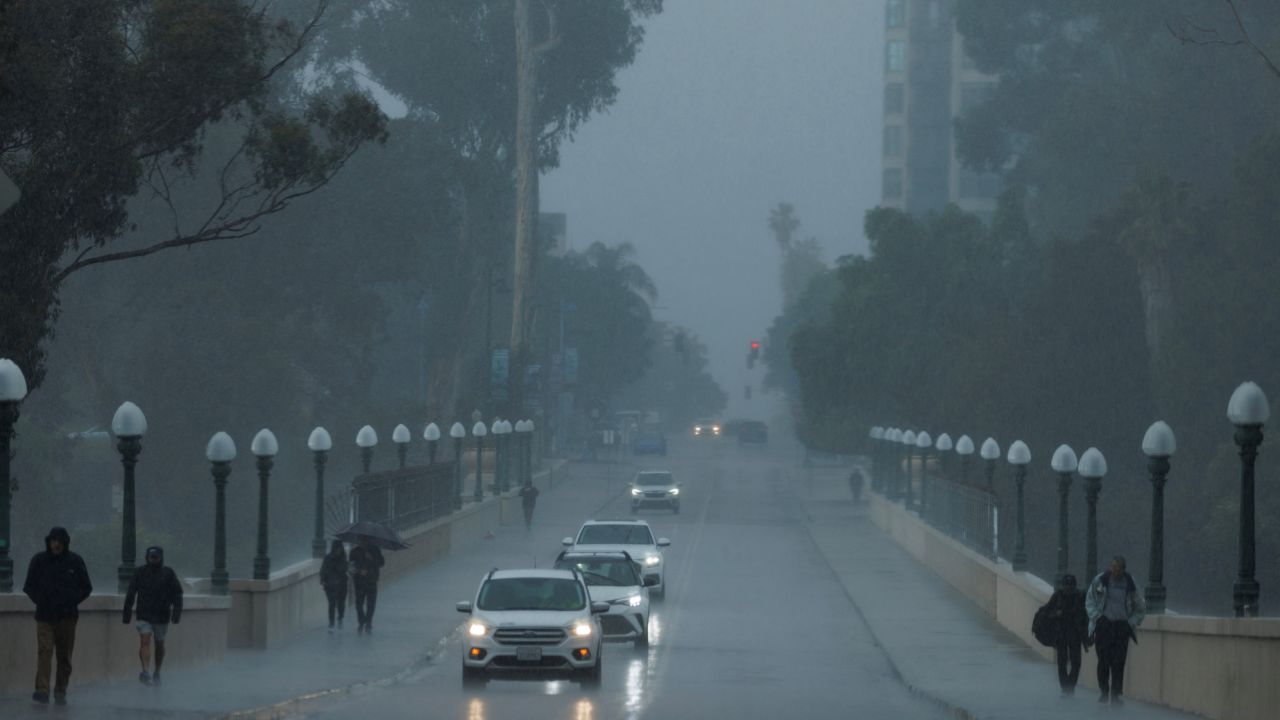Teresa Gil
[email protected]
The great Inca culture experienced a debacle for long periods of time. It can be said that almost always. Since the sudden colonization of Francisco Pizarro and all the vicissitudes that occur when an environment is divided, uncertainty has reigned. In recent years alone there have been six presidents of the country. The situation, already frantic and dangerous after the fall of Pedro Castillo, risks an instability that is difficult to control, according to recent analysis. And all the more when the dictatorial voice of the de facto housekeeper Dina Boluarte already appears, threatening a curfew. If we go back to Alberto Fujimori, with Sendero Luminoso already installed and the successive governments with the same daughter in search of a power that she already had through her father, we arrive at the president of the hat Pedro Castillo, with stories of corruption, aggression, use of the law to subvert the votes of the people and finally again the imposition of the law. There is no difference with similar times in the history of Peru, just like it happens in other Latin American countries. It’s the same thing you hear in Bolivia, Venezuela, Ecuador. Argentina, when the murderous dictatorship is not present, as it was in the latter and in Paraguay, Uruguay and others. Manuel Ricardo Palma, a 19th century Peruvian writer, is, in his own story, the life of the vicissitudes of Peru itself. A man who has lived through all kinds of situations in a troubled country, in a continuous struggle for power, in which he has participated and often paid the consequences. Perhaps others of the same lineage, such as César Vallejo, José Carlos Mariátegui, José María Arguedas or Ciro Alegría have experienced similar situations, but never like Palma.
RICARDO PALMA, THE WRITER WHO EXPERIENCED THE SAME THING THAT PERU EXPERIENCES TODAY
Considered “the most Peruvian of writers”, the romantic Ricardo Palma would set aside the great poet César Vallejo, the Nobel laureate Mario Vargas Llosa and others who have made the merit of the letters, not only for being considered a great writer and poet , but because it was he who held a post in the Spanish Academy of Letters in his time and also in Peru, where he directed his country’s for a time. But the story of this singular and controversial character doesn’t stop at this. His person reflects what is currently happening in that country of ancestral heritage, but that his racial and political differences have created a difference that has not been reconciled. Palma, whose family literary heir is Clemente, his son, and his daughter, Angélica, a pioneer of feminism, is the living story of the clashes between political groups, of the coups d’état, some achieved, of repression and imprisonment, and then the freedom, the recognitions, to fall back into the same circumstances.
PALMA’S PERUVIAN TRADITIONS FEEDER THE HISTORY OF PERU
When one learns his story, one thinks of Palma as a restless being, one of those who does not seem to seek peace in his life. From early adolescence there are already dedicated poems that he wrote and sent, then his classic book Juvenilia arrived, a word that he is said to have invented and then come the lyrics, various poems that made him emerge in the mid-nineteenth century. Then came its Peruvian traditions from the 17th, 18th and 19th centuries, which clarified so much for the generations of that country, a history that has its roots above all in the Spanish invasion of the 16th century. Born in 1833, Palma died in 1919 after a busy life in which he did everything. Even his critics, who recognize him as a great writer, do not fail to recognize his controversial character, dazzled at times by the abundance of the rich, with some of whom he participated in the search for overthrow as many do now, supporting the power factors. -wings that dominated that Peru. In his already peaceful old age, he ended up being a happy librarian who served people and collected books everywhere, which gave him the title of beggar librarian. His literary heirs, including Nobel laureate Vargas Llosa, have something of his controversial character. Mario, the protagonist of Peruvian letters at this moment transformed into a ridiculous Spanish marquis, has rejected his country, a critic in the time of Pedro Castillo, now consigned to the honey of the glories of his old age. Palma has not betrayed his country; he turned letters with all his literary genres, he also did theater, and in the end, humble, generous, he wanted to help others by granting knowledge through books. Of course, before him he donated the fabulous stories of his lore about him, which Vargas Llosa didn’t even do.


